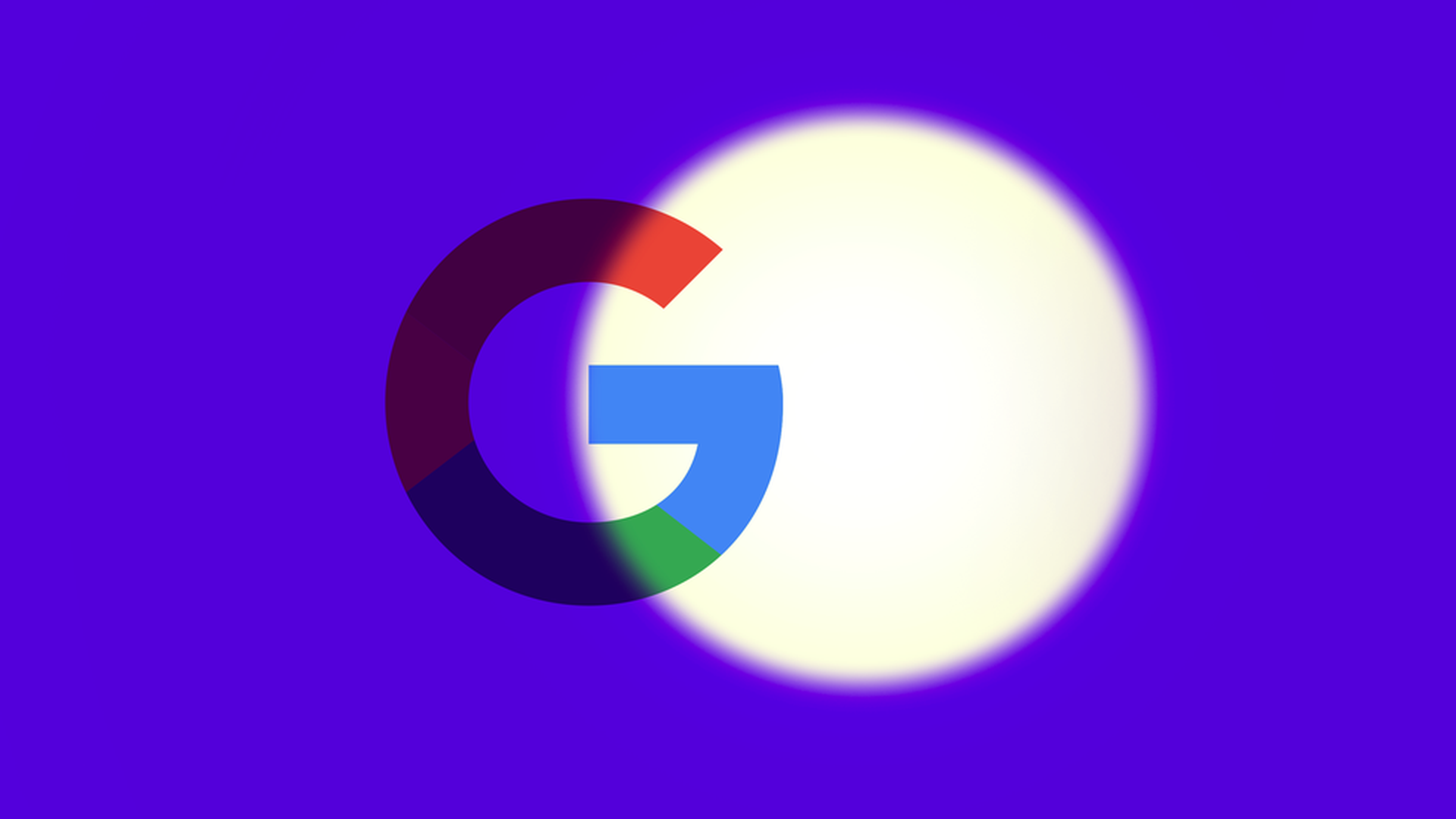![]()

In a major departure from its long-standing practice of not paying publishers directly to distribute their work, Google executives tell Axios that the search giant is creating a licensing program to pay publishers “for high-quality content” as a part of a new news product launching later this year.
Why it matters: Regulators around the world have been threatening Google with broad-based policies that would force it to pay publishers on policymakers’ terms. Google aims to get ahead of that threat by introducing its own payout terms, while also strengthening its relationship with the embattled publishing community.
“We’ve heard loud and clear that we need to do more to support publications around world. Today’s news is part of that solution.”
— Google’s VP of product management for news Brad Bender
Details: The new program, to be announced in full later this year, consists of two aspects:
- Google will pay select publishers to distribute their work — whether it be video, audio, images or text — as a part of a new news product, details of which have not been made public.
- Google will also offer to pay for free access for users to read paywalled articles on a publisher’s site where available, to help those publishers grow their audiences.
Google has already signed partnership agreements with local and national publications in Germany, Australia and Brazil, and plans to expand to other countries in the next few months.
- Examples of the publishers that have signed on include Der Spiegel, FAZ, Die Zeit, Tagesspiegel and Rheinische Post in Germany; Schwartz Media, the Conversation, Private media, Solstice Media in Australia; and A Gazeta and Diarios Associados (which owns a slew of regional and local publications) in Brazil.
For now, all Google is saying about the new product is that it is an “enhanced” storytelling experience that will exist in Google News and “Discover,” its curated list of articles that appears on Android phones.
- Google will pick from a list of select publishers from various perspectives to be a part of the new product. Bender says that for now, Google is focused on local and regional publishers that “create uniquely valuable coverage in communities.”
- Asked if Google would include controversial hyper-partisan publishers in the mix, Bender said that Google would work to ensure a variety of publishers with different viewpoints, including political viewpoints, would be represented, without specifying more.
- He noted that the product will allow users to “go deeper into a complex story or issue” and will help users discover new news brands.
The big picture: Regulators around the world, encouraged by news industry interest groups, have been pushing to introduce legislation that would require tech giants like Google and rival Facebook to pay publishers directly for their work.
- Google has resisted the idea, and has even threatened to pull Google News out of Europe should the EU impose such policies.
- But upon realizing that the trend is probably inevitable, Google seems to be taking a more forward-leaning approach towards paying publishers, to be able to at least do so on its own terms.
- Most notably, Google is currently facing immediate pressure from regulators in Australia and France over paying publishers. Bender says Google is engaging with lawmakers from both countries about the new product.
Be smart: Efforts to pay publishers directly for content by big tech companies have shown mixed results, based on implementation and publisher relationships.
- While some platforms, like Snapchat and Twitter, seem to have developed stable relationships with the news industry, others — primarily Facebook — have struggled to strike the right balance.
- Facebook has for years been criticized by the news industry for paying publishers to create news products, like live video and Instant Articles, only to pull back payment after the products fail to catch on.
- Sources have told Axios that Facebook plans to spend roughly $90 million in total funding news efforts on Facebook, which includes news shows on its new video tab, Watch, as well as content for its new News tab.
What’s next: Bender says Google is currently engaged in discussions with more partners in the three launch countries and is in talks with publishers in about half a dozen other countries.
Contact Information:
Sara Fischer
Tags:
, Wire, United States, English
Contact Information:
Sara Fischer

